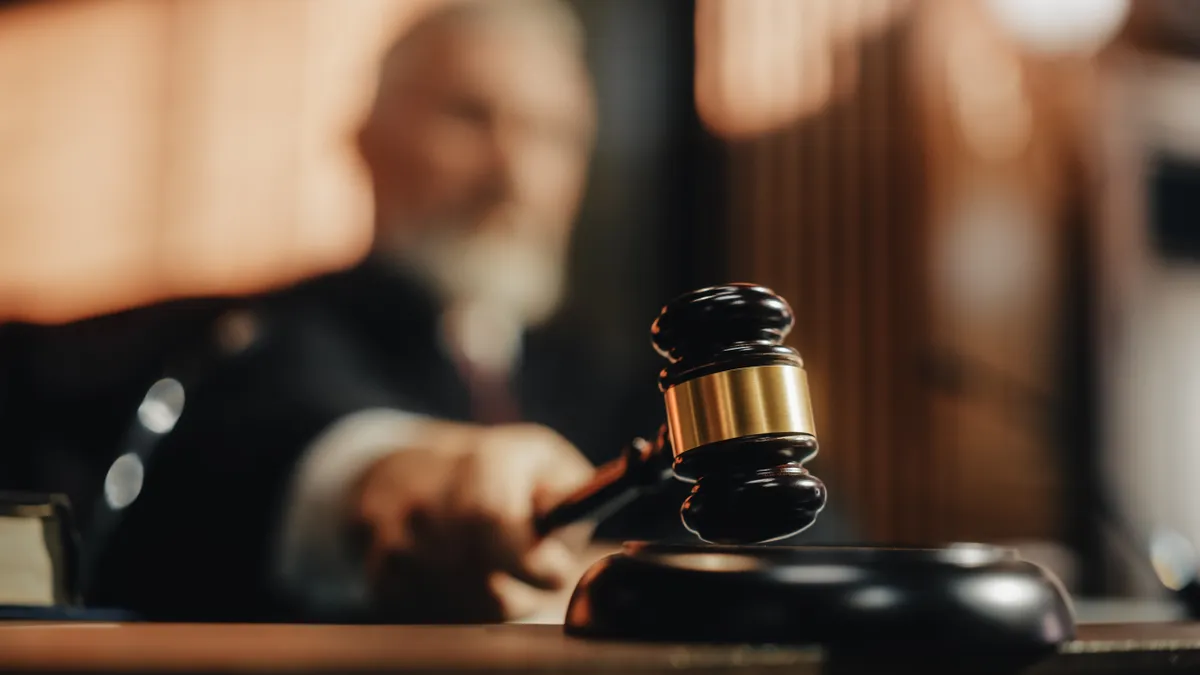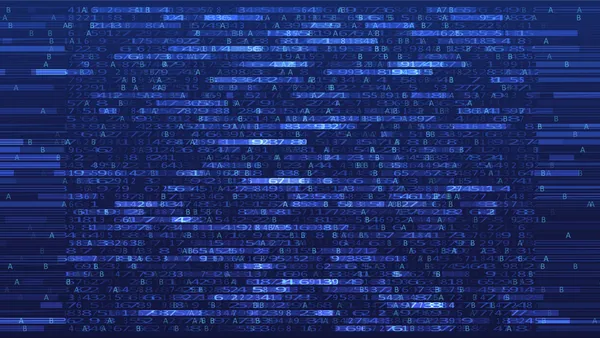Dive Brief:
- The U.S. Copyright Office is considering whether legislative or regulatory action on AI-generated content is warranted, according to a notice of inquiry published in the Federal Register Wednesday. To inform the decision, the office is seeking outside comments, which are due by Oct. 18.
- The office will use comments to help analyze the current state of the copyright law, identify unresolved issues and evaluate potential areas for congressional action, the office said in the inquiry. The office is looking into the use of copyrighted works to train AI models, whether copyright protection should be granted to AI-generated material and the legality of AI-generated content that imitates the identity or style of a human.
- The study is part of a broader initiative to address the scope and role of human authorship in copyright claims for material produced by generative AI.
Dive Insight:
Generative AI has quickly gained legislative and regulatory attention as officials consider what role the government should play in setting parameters.
The Federal Trade Commission is currently investigating OpenAI to determine whether the ChatGPT-maker risked harm to consumers or engaged in deceptive data security practices. The inquiry, which began in July, gave OpenAI 49 multipart requests for information related to the company’s retention of personal information, model development and training practices.
The White House has also convened groups of technology and policy leaders to discuss AI over the past several months. After securing safety commitments from seven leading AI companies, the administration sponsored an independent, public evaluation of large language models from Anthropic, Google, Hugging Face, Microsoft and Nvidia in August. The results of the evaluation have not been released.
Next month, more than a half-dozen technology CEOs will attend the first of nine AI-focused listening sessions hosted by Senate Majority Leader Chuck Schumer, D-NY. Schumer has been a leading voice in Congress regarding AI regulation, urging members to act quickly. Schumer unveiled a legislative framework for AI in June, called the SAFE Innovation Framework.
The U.S. Copyright Office is joining the wave of increased scrutiny of AI, but it is not the first time the office has dealt with complicated technology copyright issues. In 1965, the office said developments in technology had raised difficult questions related to authorship when works were generated by computers, according to its inquiry notice.
Over the last year, though, the adoption of generative AI, which can create text, images, video and audio emulating a human voice, has further complicated matters.
The office wants to know more about the collection and curation of AI datasets, how they are used to train AI models and whether copyright owners need permission or compensation, according to the inquiry.
There have been several high-profile cases filed this year claiming AI-generated works infringe on copyright protections. Comedian and author Sarah Silverman, author Christopher Golden and author Richard Kadrey sued OpenAI and Meta in a U.S. District Court in July. The suit alleges OpenAI’s ChatGPT and Meta’s Llama were trained on illegally acquired datasets containing the authors’ works.
OpenAI responded to two class-action lawsuits from book authors by filing a motion Tuesday to dismiss all but one claim alleging direct copyright infringement.
“The adoption and use of generative AI systems by millions of Americans — and the resulting volume of AI-generated material — have sparked widespread public debate about what these systems may mean for the future of creative industries and raise significant questions for the copyright system,” the office said in its inquiry notice.
The office launched an AI initiative earlier this year that included registration guidance on works containing AI-generated material in March, four public listening sessions in April and May, educational webinars in June and July and private engagements with stakeholders.















